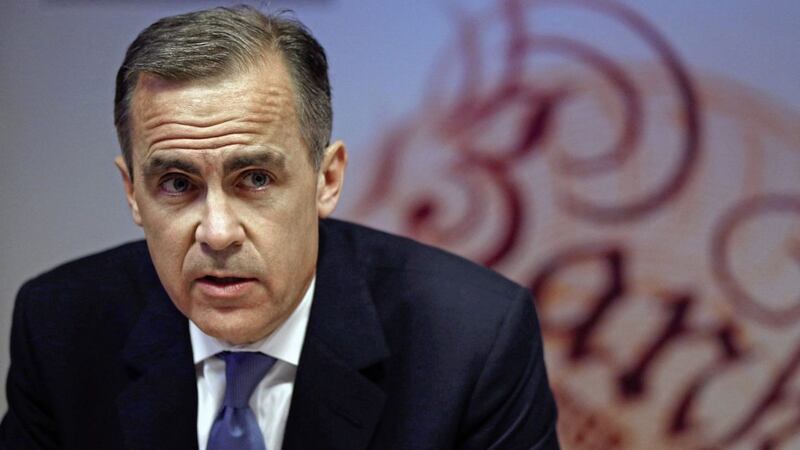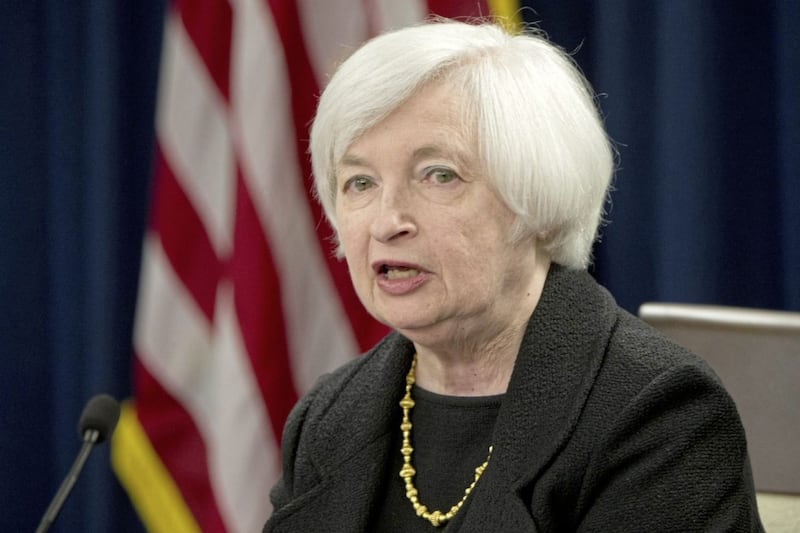INVESTOR sentiment was in a broadly upbeat mood at the beginning of May. Equity markets have started the month in a positive manner. This is especially the case for European bourses, with the Euro Stoxx 50 up over 2 per cent last week.
Elsewhere, the gains on US indices have been more modest. The VIX index, which is regarded as Wall Street’s ‘fear gauge’, shows that market volatility remains at a low level. Meanwhile, gold prices have moved lower, reflecting in part the reduced demand for safe havens.
Overall, it appears investors are focusing on the positives, including perceptions of reduced political risks, encouraging corporate earnings updates and generally solid news on the global macro front. Risk appetite, though, remains vulnerable to bouts of risk aversion, which could be prompted for example by a renewed escalation in geopolitical tensions.
The positive disposition is not just confined to markets, but was also evident in the statement that followed last week’s meeting of the US Federal Reserve. The US central bank downplayed the slowdown in US GDP growth in the first quarter of 2017, stating that it viewed it as “likely to be transitory”. Instead, it emphasised that underlying fundamentals remained solid and that it continued to expect the economy to expand at a moderate pace.
For the week ahead, it’s the Bank of England’s turn to update the financial markets with the latest edition of its ‘Super Thursday’ (policy decision, meeting minutes, quarterly inflation report and press conference by the governor Mark Carney). No policy changes are anticipated, but the financial markets will be looking for the Bank’s latest view of the economy in light of some weaker UK data.
At its last meeting in March, there was a more hawkish tone to the minutes, which noted that for some Monetary Policy Committee (MPC) members “it would take relatively little further upside news on the prospects for activity or inflation” for them to consider voting to tighten policy.
Developments in growth and inflation since the February inflation report have been mixed. The UK central bank had forecast GDP growth of 0.5 per cent in the first quarter and 2 per cent in 2017 as a whole. However, the UK economy only grew by 0.3 per cent in the first quarter, meaning achieving 2 per cent full year growth is now less likely.
Thus, the MPC may downgrade its GDP forecasts for this year. However, CPI inflation has been slightly higher in recent months than the central bank expected meaning a modest upward revision to expectations cannot be ruled out. In the context of slower economic growth and higher inflation, it will be interesting to see if some MPC members have retained their somewhat more hawkish stance.
In the eurozone, we finally get a first look at growth in the first quarter for the currency bloc’s largest economy, Germany, this week. Low interest rates are helping to support domestic demand, while the weak euro and improved global economy are aiding exports. As a result, a strong 0.7 per cent quarterly increase is anticipated, an improvement on the final quarter of 2016’s 0.4 per cent rise.








